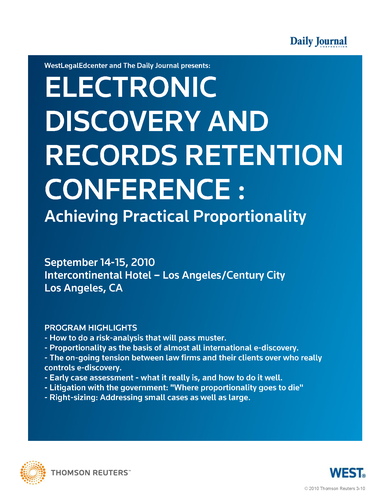 Privacy took a major hit in the nine states encompassing the 9th Circuit. The court found that the police have the right to attach a tracking device to a vehicle on private property. That part isn't new. What is new is that they held it may be done without a warrant. To me, that is disturbing. Do you see any dangers here?
Privacy took a major hit in the nine states encompassing the 9th Circuit. The court found that the police have the right to attach a tracking device to a vehicle on private property. That part isn't new. What is new is that they held it may be done without a warrant. To me, that is disturbing. Do you see any dangers here?
This is another issue where reasonable people will disagree. Some will look at it as another version of visual surveillance. I don't have a problem with using a device in this manner; I just think the government should be required to secure a warrant.
I cringe when I hear arguments like "put out a 'No Trespassing' sign and then you'll be protected". Either we possess rights or we don't. I fail to see why I should have to advertise my right to privacy if it's a vested right. Are we saying crooks don't need to be warned but the police do?
How far may the government go? Suppose a person is drunk and passed out cold on their front lawn. Should I assume the government now has the right to attach a tracking device to that person without their permission?
Another federal jurisdiction from D.C. has ruled the opposite way on a similar matter. This will likely go to the Supreme Court.







